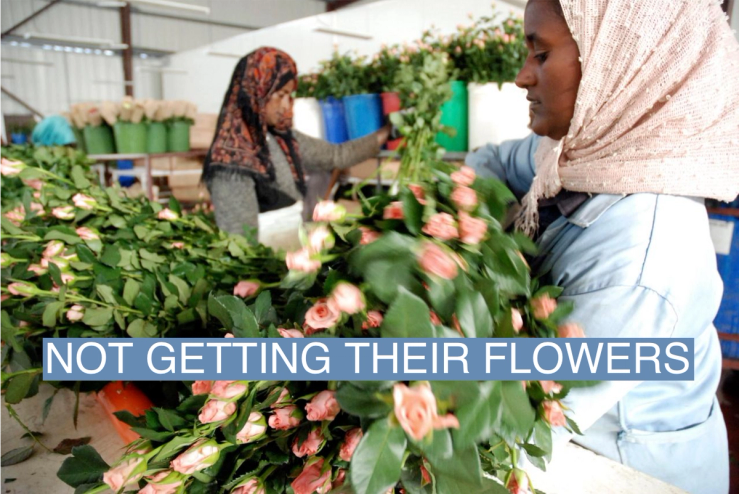The News
ADDIS ABABA — As an under-reported conflict escalates in northern Ethiopia’s Amhara region, the country’s horticulture sector looks set to become a major economic casualty.
Currently the world’s fifth largest exporter of flowers, industry insiders said the country will likely experience a major slump in productivity due to dangerous skirmishes between federal troops and local militants in the country’s second most populous region. The sector generated over $650 million in revenue in 2022, according to the country’s horticulture association.
Ethiopia’s industry is expected to be hit particularly harshly during the busy holiday season set to start next month as activities at the majority of local flower plantations have stalled.
In this article:
Know More
Last year, Ethiopia exported 2.7 million kilograms of flowers to the European market during Valentine’s Day alone and the bulk of them were fresh-cut roses. The busy season occurs from December until June especially for celebratory occasions such as Christmas, Valentines and Mother’s Day in Western countries.
At the beginning of the conflict in the Amhara region in August, the Amhara regional government said it had lost up to $45 million, mostly from flower exports, alongside massive layoffs.
The Ethiopian Horticulture Producer Exporters Association (EHPEA) has demanded compensation from the federal government which is itself already reeling from a fiscal crisis, as a result of damages incurred during the ongoing conflict.
The flower growers have also complained over spiraling insecurity and a hostile business environment, endangering their operations in the volatile northern parts of Ethiopia.
EHPEA’s executive director, Tewodros Zewdie, told Semafor Africa the flower export business had made a significant contribution to Ethiopia’s economy pointing out it is “only second to coffee” in revenue terms. He claimed the sector had created more than 200,000 direct and indirect jobs to the local economy.
Samuel’s view
The Ethiopian government had placed high hopes on its export sectors as part of its Growth and Transformation Plan to make the Horn of Africa nation a middle-income economy by 2025. Part of the plan was to attract foreign investors and industries, such as European flower companies by offering them duty free access, loans and subsidized electricity and water in order to create jobs and reduce poverty.
The Ethiopian flower export business has witnessed a sharp growth in the last decade with some of the world’s best flower businesses operating farms across the country with these subsidies and low cost labor being a contributing factor.
In the last three years, some of the leading foreign investors in meat and textile export business have exited Ethiopia amid various conflicts, shortage of foreign currency, and the country’s ejection from the favorable Africa Growth Opportunity Act (AGOA) trade pact with the United States over human rights violation during the civil war in the Tigray region.
There is fear here the flower farmers might follow. In 2016 and 2020, at the height of political crisis and uprising against the government in Addis Ababa, a number of flower farms in the Oromia region were destroyed and forced to close shop temporarily.


